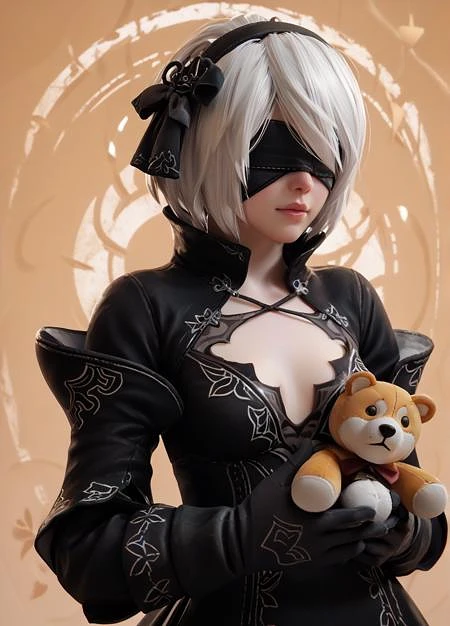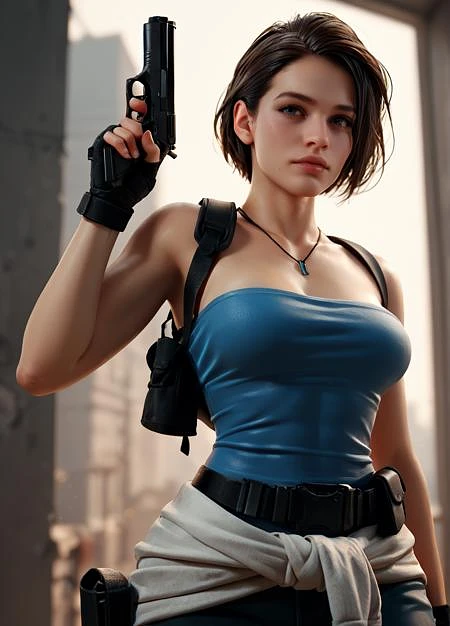Update: Hopefully 1.2 will work out better with more aesthetic and accurate gens counting the previous problems are mostly gone, still not the ideal version, it was a hard choice between the candidates so I had to balance out between unstable and featureless. There might be a problem where the first RNG roll after you change the prompt will be inaccurate. Everything else should be good to go and I'll keep the 3D styles coming with it, thank you for all the downloads and likes!
This model still works pretty similar to base version except the 2D content is culled by default and some baked characters will behave better. It's not 100% round but it's already quite the leap, still need some tuning that'll be made on version 1.2 which is are the problems you might find now: inpaint artifacts, poor upscaling with some samplers and low style flexibility at score_9.
Recommended sampler/scheduler: DPM, Euler A / SGM Uniform, Karras
Recommended CFG: 5
Recommended upscalers: Latent / Tiled Upscalers
Should be more stable, more compatible with LoRAs while maintaing style and keeping all the capabilities of the base version/PONY V6.
What is DogePoint 3D - PDXL?
DogePoint 3D - PDXL is a highly specialized Image generation AI Model of type Safetensors / Checkpoint AI Model created by AI community user DogeOfVenice. Derived from the powerful Stable Diffusion (Pony) model, DogePoint 3D - PDXL has undergone an extensive fine-tuning process, leveraging the power of a dataset consisting of images generated by other AI models or user-contributed data. This fine-tuning process ensures that DogePoint 3D - PDXL is capable of generating images that are highly relevant to the specific use-cases it was designed for, such as 3d, sexy, blender.
With a rating of 0 and over 0 ratings, DogePoint 3D - PDXL is a popular choice among users for generating high-quality images from text prompts.
Can I download DogePoint 3D - PDXL?
Yes! You can download the latest version of DogePoint 3D - PDXL from here.
How to use DogePoint 3D - PDXL?
To use DogePoint 3D - PDXL, download the model checkpoint file and set up an UI for running Stable Diffusion models (for example, AUTOMATIC1111). Then, provide the model with a detailed text prompt to generate an image. Experiment with different prompts and settings to achieve the desired results. If this sounds a bit complicated, check out our initial guide to Stable Diffusion – it might be of help. And if you really want to dive deep into AI image generation and understand how set up AUTOMATIC1111 to use Safetensors / Checkpoint AI Models like DogePoint 3D - PDXL, check out our crash course in AI image generation.
Popularity
Info
Latest version (v1.25): 1 File
3 Versions
Go ahead and upload yours!





